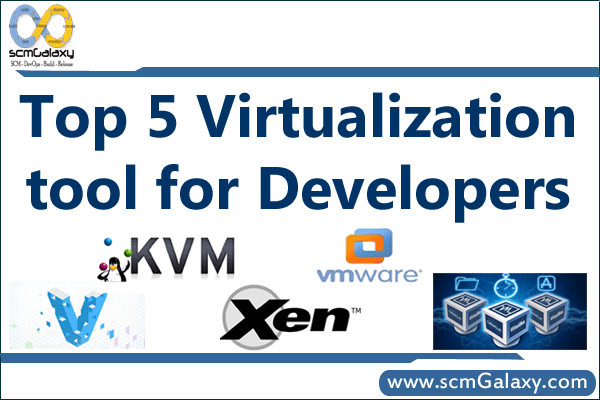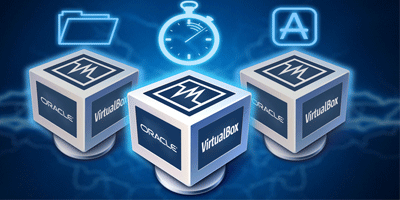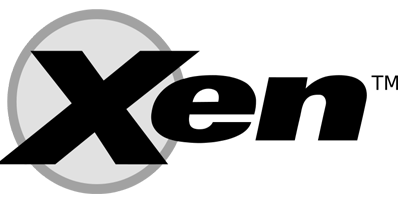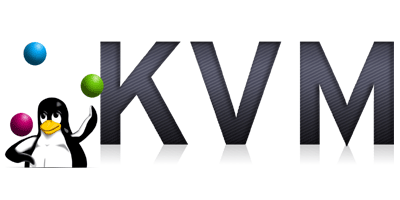
Software developers are busier now than ever before. They want to do more work in less time with quality. But, as we all know it’s not possible without right set of tools in your arsenal. So, it’s always good to find tools that can make work faster and make you more productive. Today we are going to talk on Virtualization tools. In this article I’m going to share a list of top 5 virtualization tool which will definitely help developers to improve their productivity and allow them to build better applications faster.
But, before that let’s have Quick introduction to Virtualization
Virtualization is a process in which, with the help of tools you can create a virtual version of resources like memory, operating system , server or networks instead of deploying the actual resource. In simple words you can understand it like this way: Virtualization let you run or operate a single computer into multiple ones. It let you run a Mac OS on Linux or Windows system in a single computer simultaneously. The Windows, Mac, Linux, or other system running in the virtual machine acts exactly as if it were running on real hardware. The same thing apply with storage, server or networks.
If we look on to the benefits than these are the major benefits of Virtualization.
- Lessen the number of Hardware Resources
- 80% server use possible
- Cut IT costs
- consolidated hardware to achieve higher productivity from fewer servers
- multiple operating systems and applications on a single computer
- simple IT infrastructure with low upkeep
- Quickly deployment of new applications
So, Now without any further ado lets check out the Top 5 tools and their features.
1. Vagrant

Vagrant is an open source virtualization tool which developed by Hashicorp and written in Ruby. But, it’s support projects written in other languages too, like as Java, javascript, C#, Python and PHP. It’s work on platforms Linux, FreeBSD, macOS, and Microsoft Windows.
Features:
- Open Source
- Cross Platform: Linux, FreeBSD, macOS, and Microsoft Windows essential
- Natively supports Docker containers
- Can work with Puppet & Chef
- Users can share running environment via Internet

- Open Source
- Virtualization Type: Hardware Assisted Virtualization & Paravirtualization
- Cross Platform: Windows, macOS, Linux and Solaris
- Easy to install and use-friendly
- Video capture support
- VirtualBox adds support for touchscreens
3. VMware

- Free and Paid
- Cross Platform: Windows, Linux and Mac OSX
- Comes in three packages
- Virtualization Type: Full Virtualization, Hardware Assisted Virtualization & Paravirtualization
- Easy to use
- Quick Installation
4. Xen

Xen is initially developed by University of Cambridge but now it’s belongs to Linux Foundation. Xen runs on Linux and Unix. Xen is included with most popular Linux platforms like Fedora, RHEL, CentOS, Ubuntu, and Debian.
- Open Source
- Platform: Linux/Unix
- Virtualization Type: Paravirtualization & Hardware Assisted Virtualization
- Guest Os: Windows Server 2003, Windows XP and Windows 2000
- Also supports Red Hat, SUSE and Debian Linux guest OS.
5. KVM

- Open Source
- Platform: Linux
- Virtualization type: Full Virtualization, Hardware Assisted Virtualization and Paravirtualization
- Powerful command line interface
- Use of runtime variables to save into another variable using register in Ansible - September 6, 2018
- Ansible & Ansible Tower Variable Precedence Hierarchy - September 6, 2018
- How to use template in Ansible? - September 6, 2018
